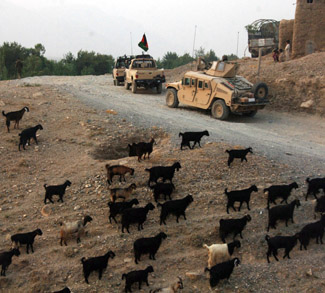The Organization of Turkic States (OTS) is an international organization that brings together countries with Turkic linguistic and cultural ties to foster cooperation in various fields, including economics and security. Originally founded as the Turkic Council in 2009, the present-day OTS serves as a platform for its member states to enhance mutual relations and address regional challenges collectively.
The OTS has been taking on greater weight in Eurasian geopolitics of late, as the organization facilitates ever deeper economic and security collaboration among its members. The foregrounding of the Organization of Turkic States is no accident, having been largely spearheaded and shaped by the Turkish government under Recep Tayyip Erdogan. This backgrounder provides an overview of the OTS, delving into its historical development, organizational structure, and its collective geopolitical and economic heft.
Historical Context and Organizational Structure
Founded in 2009, the Organization of Turkic States currently comprises of five member states: Azerbaijan, Kazakhstan, Kyrgyzstan, Türkiye, and Uzbekistan, along with three observer states: Turkmenistan, Hungary, and the Turkish Republic of Northern Cyprus. The governance of the OTS is structured around regular summits of heads of state. The Council of Foreign Ministers, senior officials’ committees, and various working groups support the implementation of these decisions, which follow a consensus-based approach.




